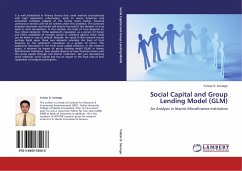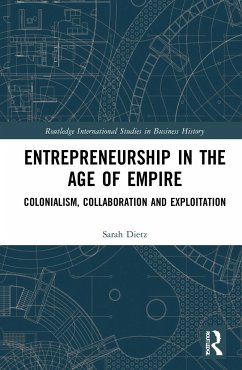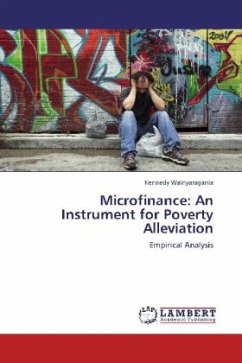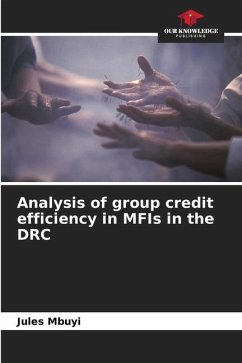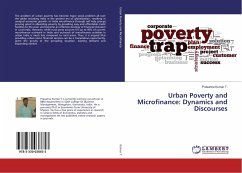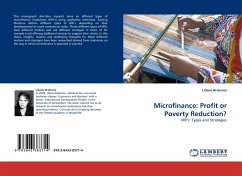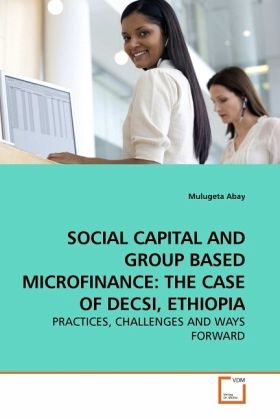
SOCIAL CAPITAL AND GROUP BASED MICROFINANCE: THE CASE OF DECSI, ETHIOPIA
PRACTICES, CHALLENGES AND WAYS FORWARD
Versandkostenfrei!
Versandfertig in 6-10 Tagen
39,99 €
inkl. MwSt.

PAYBACK Punkte
20 °P sammeln!
While the group based microfinance has become the most dominant method of channeling loans to the poor in Ethiopia, earlier studies did not pay much attention to the social processes underlying the group based microfinance. Therefore, this research has been initiated to fill the knowledge gap that exists in this particularly important area of development. The research was conducted by taking the activities of Dedebit Credit and Saving Institution at Tigray regional state in northern Ethiopia. The book tries to examine different dimensions of social capital as they pertain to the group-based mi...
While the group based microfinance has become the most dominant method of channeling loans to the poor in Ethiopia, earlier studies did not pay much attention to the social processes underlying the group based microfinance. Therefore, this research has been initiated to fill the knowledge gap that exists in this particularly important area of development. The research was conducted by taking the activities of Dedebit Credit and Saving Institution at Tigray regional state in northern Ethiopia. The book tries to examine different dimensions of social capital as they pertain to the group-based microfinance. It, specifically, attempts to explore social relationships that may exist between the borrowers themselves (before, during and after their involvement in the microfinance institutions) on the one hand; and the lender-borrowers relationship on the other hand. The challenges and opportunities underlying group based microfinance are also duly discussed. Academics, practitioners of microfinance or general readers who may be interested in the matter are taken as target audiences of this book.



